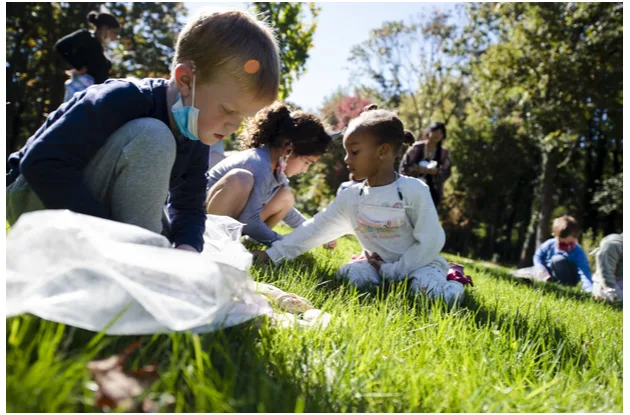Is your child highly focused? Does she ask a lot of questions? Is he a fast learner, and lazy in the classroom? These are all characteristics of a gifted child. A local expert shares more qualities to look for, and what you can do to help your gifted child.
My first experience with a gifted child was early in my psychology career as a psychological tester for a large preschool. A teacher came to my office and asked me to test one of her students who was making trouble in class and seemed hyperactive and unhappy. Later that week when the 4-year-old arrived in my office he sat down, crossed his legs like an adult, looked me straight in the eye, and asked, “Well Dr. Ferraro, what would you like to talk about today?” Here before me was a 30-year-old mind in a 4-year-old body. It turned out his IQ was 145, which was in the top 1 percent of intelligence. So I learned early on that giftedness can not only be a problem for teachers and peers, but it is often misdiagnosed as an illness.
Here are 10 of the more common traits of the young gifted child:
|
If your child has five or more of these traits:
|
The parents’ ability to identify and support the child’s talent is just as important as the child’s gifts. Research now tells us that it is only when the young prodigy is surrounded by ongoing parental support that the gifts can grow. And the very first step in this process is early identification.
RELATED:
Find an academic enrichment center near you
Find an after-school class to support your child’s hobbies





















